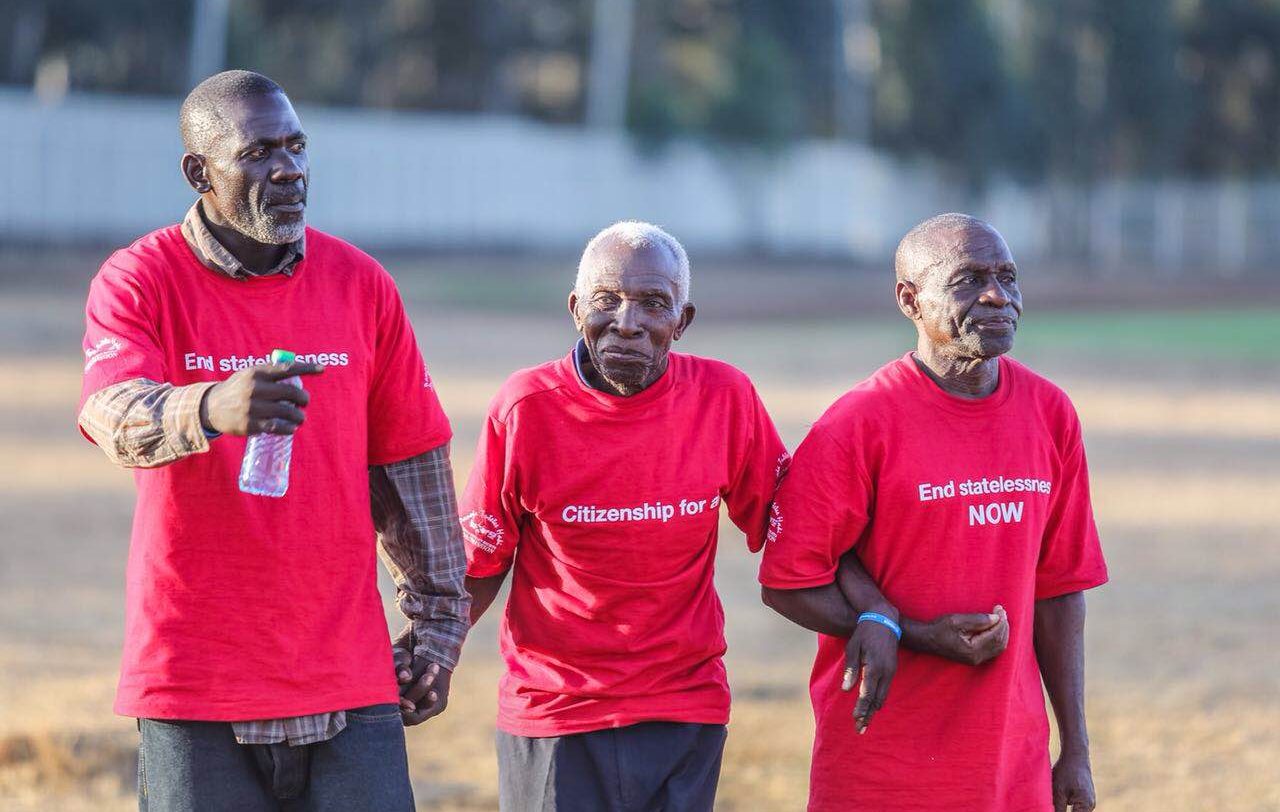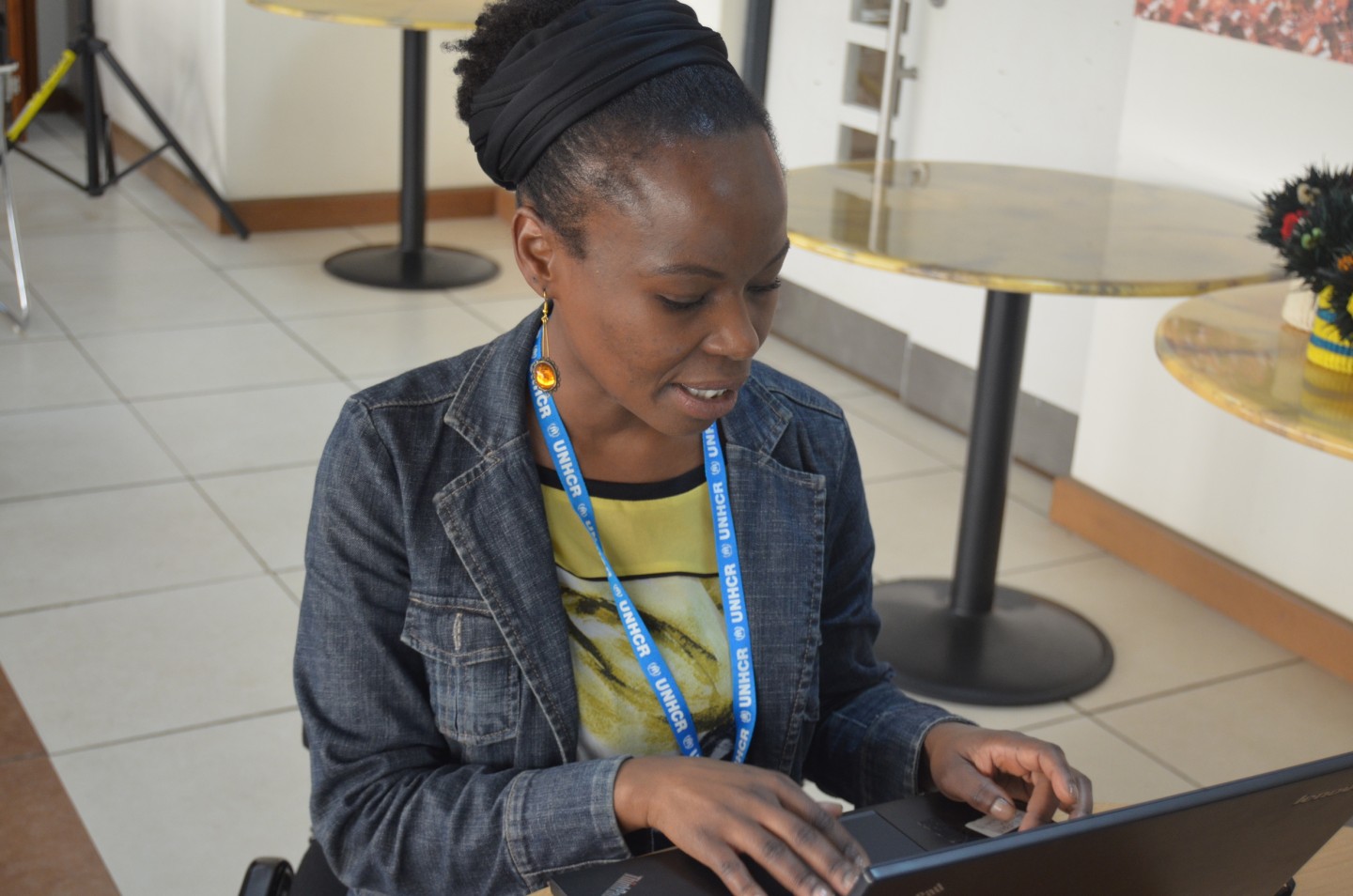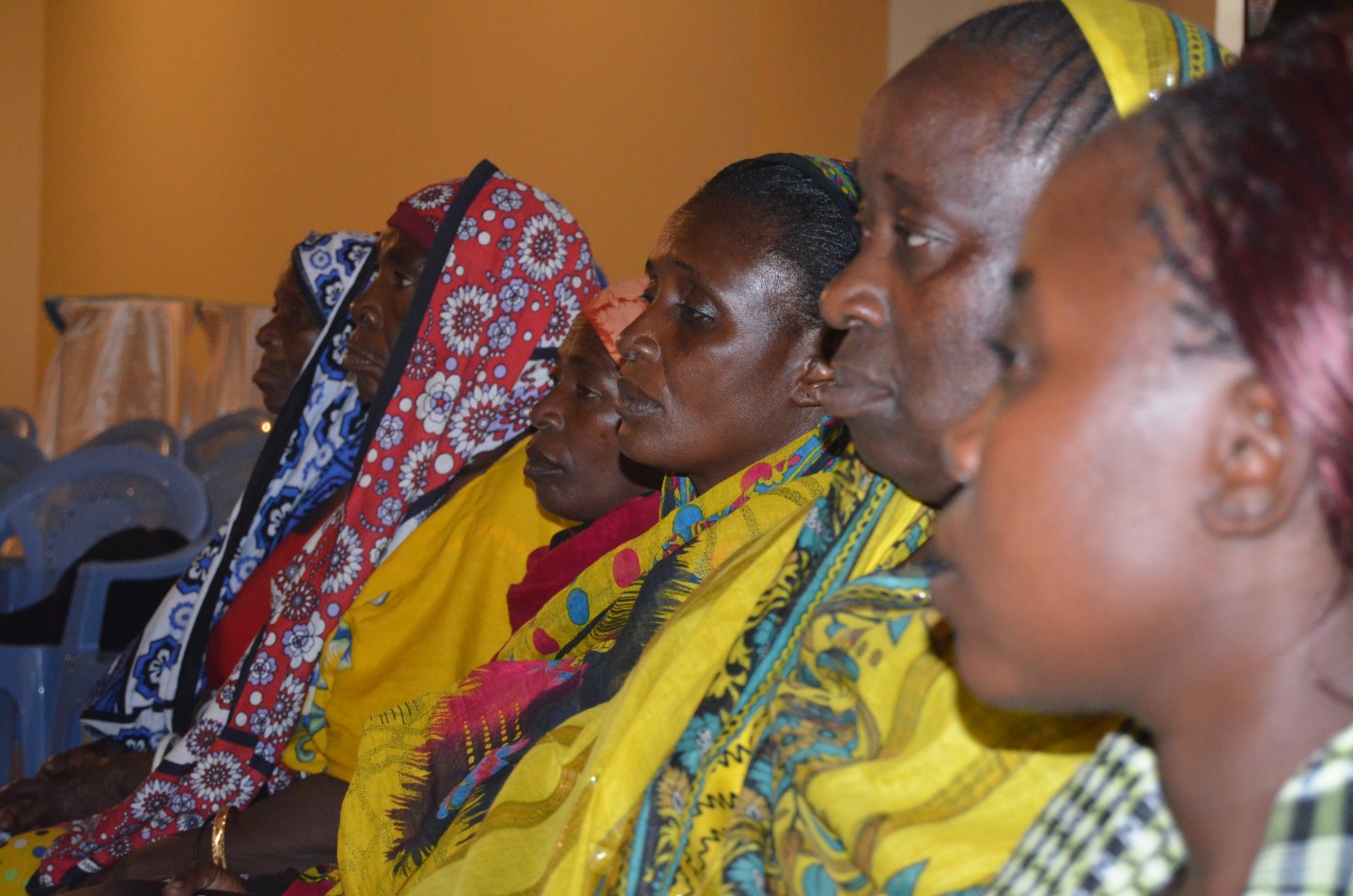Stateless Persons
A Stateless person is an individual who is not considered to be a national by any State under the operation of its law
A Stateless person is an individual who is not considered to be a national by any State under the operation of its law. Since its creation, UNHCR has worked to provide international protection and to seek durable solutions for stateless refugees who are covered by its Statute and by the 1951 Convention. UNHCR also actively participated in the drafting of the two global statelessness instruments – the 1954 Convention relating to the Status of Stateless Persons and the 1961 Convention on the Reduction of Statelessness. In 1974 the UN General Assembly designated UNHCR as the organisation to which persons claiming the benefit of the 1961 Convention may apply for examination of their claims and for assistance in presenting those claims to state authorities. UNHCR has a role to prevent statelessness from occurring as well as to respond to situations of statelessness whether individual or as far as groups of persons are concerned.
Following the launch of the Global Action Plan to End Statelessness in November 2014, UNHCR Kenya has conducted numerous activities aimed at strengthening the work of the government and supporting Civil Society Organizations (CSOs) and Persons of Concern on matters of statelessness. An exhibition dubbed ‘The Struggle to Belong’ was held in Nairobi to mark the first anniversary since the launch of the Global Action Plan.
In Kenya, there are different groups of stateless persons such as the Makonde, Pemba, Galjael, Shona, as well as groups of individuals of Indian, Rwandan, Burundian and Zimbabwean descent. Other groups that are at risk of statelessness are the Nubians and some members of the Kenyan community of Somali ethnicity who cannot access Kenyan identification documents. The members of these communities “belong” to Kenya because of the exiting and longstanding ties with the country however they do not have Kenyan citizenship.
The number of stateless persons in Kenya is not known. An estimate of 20,000 has been used for the past few years. In 2014, UNHCR conducted a qualitative study of the Makonde of Kenya. The study highlighted the living situation of the Makonde, including the consequences of living without any identification documents. UNHCR produced a short documentary highlighting the lives of the Makonde of Kenya.
In April 2016, a pilot survey was conducted by UNHCR in cooperation with Statistics Norway, Kenya Bureau of Statistics, and Haki Centre. Observers from the National Registration Bureau joined the exercise. Lessons from the pilot have informed the way forward on planning a main survey to be conducted later this year.
UNHCR seeks to raise awareness in Kenya on the issue of statelessness and to engage all stakeholders in resolving existing statelessness situations. This also includes improving the access to Kenyan documentation (birth certificates and national ID cards) to avoid having children who are born stateless notably through the implementation of inclusive and fair processes and policies, legislative changes and positive public perception and attitudes vis-à-vis the stateless communities.
In 2015 UNHCR initiated the formation of a stateless working group bringing together government arms dealing with different forms of registration of persons, local and regional and international NGOs that work on statelessness issues. The aim of the working group is coordination of statelessness activities in the country.
In close cooperation with the government and CSOs, a writing committee drafted a National Action Plan to End statelessness in the country. The draft derives from the Global Action Plan to End Statelessness in ten years. The Kenya plan contains nine action points, which are suitable for the context of Kenya’s statelessness situation. Kenya has positive legislation that allows women to confer nationality on an equal basis as men. UNHCR is providing technical support to help turn the positive legislation into practical solutions for the stateless persons in the country.
UNHCR plans to conduct a survey on the Pemba community in August and September this year.



